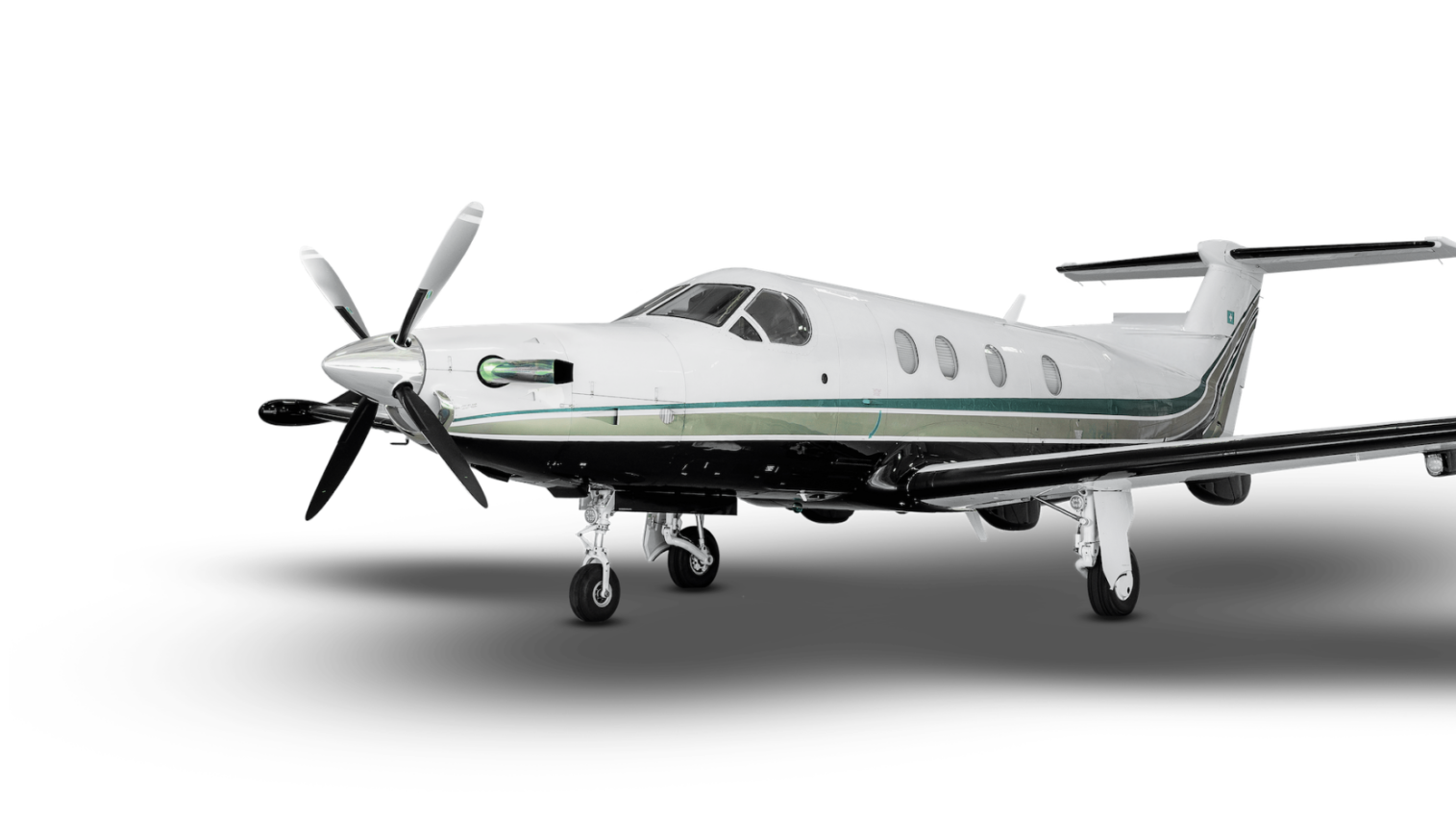
Private aviation attorney James Butler reviews Volato’s unique approach to fractional ownership and highlights critical issues for buyers.

(Last week, Volato announced it would add a Gulfstream G280 fractional program to the HondaJet program it launched last year. With 11 of the very light jets already in its fleet, 18 more on order, and a move into the super-midsize category, the start-up is quickly becoming a significant player. It’s also taking a different approach to how it structures owner contracts. Private aviation attorney James Butler offers his take below.)
A recent entry into the private aviation business is Volato, which professes to offer a unique investment structure that shares operating revenue, including third-party charter revenue, with its fractional owners. If this promised benefit materializes, it will be a laudable innovation.
By contrast, the more traditional approach of using fractional owners’ aircraft to generate charter revenue solely for the provider has long been an irksome aspect of the fractional model.
That said, when it comes to fractional contracts, it is important to read the fine print. When reviewing a fractional contract for a client, I look for potential pitfalls.
Having worked on several Volato agreements, I’ve identified a basic component of its contract structure that may pose serious problems for potential customers: Individual owners do not have a direct contractual relationship, in legalese, called “privity,” with Volato.
In the traditional fractional model, each owner contracts directly with the program operator so that if, for example, the operator fails to perform its obligations, the owner has remedies directly against the operator as set forth in the contract documents.
However, in the case of Volato, the owners of each aircraft are members of a separate limited liability company that, in turn, contracts with Volato.
Under this structure, an individual owner must secure the approval of a majority or, in some cases, even a supermajority of the other owners to make a claim under the contract.
Conversely, in many cases, a majority or a supermajority of the owners can agree to fundamental changes in the contract between their limited liability company and Volato, even over the objection of an individual owner.
Sound confusing?
Here’s an example to clarify. Suppose a Volato customer makes a timely request for a flight, and Volato delivers an aircraft five hours late or, even worse, not at all.
The first thing to know is that there are no specific remedies for non-performance in the “Charter Agreement,” the contract document through which Volato customers order flights.
Theoretically, the customer could claim a general “material default” under the contract, but that is unlikely to bring relief.
Why? Because the customer does not have a direct contractual relationship with Volato.
Rather, the customer is a member of a limited liability company, and the manager of that limited liability company is itself a captive affiliate of Volato, that in turn is managed by the principal owner of Volato. It certainly seems unlikely that the captive manager will make a claim against Volato.
On the flip side of this coin, owners are not protected from the defaults of other owners/members of their limited liability company.
In the traditional fractional contract, even though the owners jointly own the fractional aircraft, no individual owner bears responsibility for the failure of other owners to pay their bills or otherwise perform their obligations.
However, in the Volato structure, the limited liability company, of which each owner is a member, is obligated to Volato, so defaults by one member do not absolve the other owners from potentially having to make up any shortfall.
Although Volato claims that such eventualities are not intended and “will be made right,” the four corners of the contract documents offer little solace in this regard.
The bottom line? While Volato’s reimagined fractional model is an interesting entry into the fractional jet space, significant concerns raised by its contract structure counsel a caveat emptor approach when considering a potential investment.
James D. Butler is an attorney and CEO of Shaircraft Solutions, a Maryland-based consulting firm advising individuals and businesses on investments in private air travel for over 20 years. He can be reached directly at jbutler@shaircraft.com or (301) 652-9885.